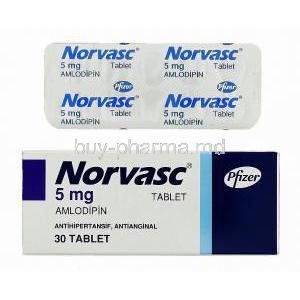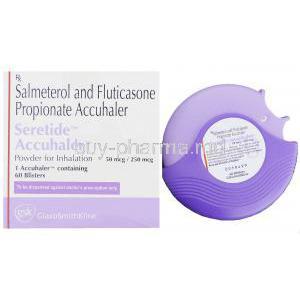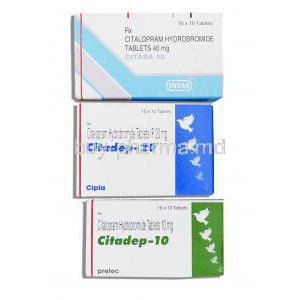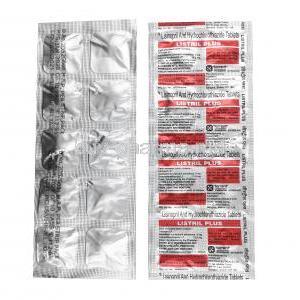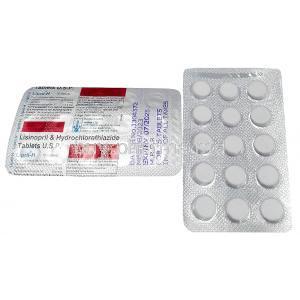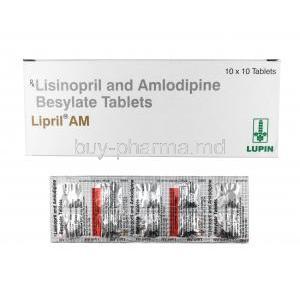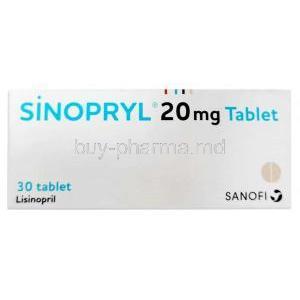Lisinopril
- I. Introduction to Lisinopril
- II. Composition of Lisinopril
- III. How Lisinopril Works
- IV. Uses of Lisinopril
- V. Dosage and Administration of Lisinopril
- VI. Interactions of Lisinopril
- VII. Common and Uncommon Side Effects of Lisinopril
- VIII. Warnings and Contraindications for Lisinopril
- IX. Administration Precautions
- X. Overdose of Lisinopril: Signs, Symptoms, and Management
- XI. Storage and Handling Precautions
- XII. Conclusion: The Role of Lisinopril in Treating Hypertension and Heart Diseases
I. Introduction to Lisinopril
A. Definition and General Overview
Lisinopril holds immense significance within modern pharmacology as an indispensable component of medical treatment. It is a potent medication primarily recommended for managing hypertension and congestive heart failure. Synthetically derived and rigorously tested in clinical settings, this ACE inhibitor effectively reduces cardiovascular strain, ultimately promoting optimal heart health and longevity.
B. Historical Background
Lisinopril debuted in the 20th century and made its way into medical history. It received FDA approval in 1987 after extensive research and development. Derived from the venom of the Brazilian pit viper, this medication represented a significant breakthrough in cardiovascular therapeutics. It provided an effective solution for common heart health concerns marking a significant milestone in medical progress.
C. Classification and Drug Family
Belonging to the broader family of ACE inhibitors, Lisinopril holds great significance. This group of medications has earned a distinguished reputation for efficiently regulating the circulatory system. By inhibiting the conversion from angiotensin I to angiotensin II—an influential vasoconstrictor—, lisinopril successfully reduces blood pressure levels and alleviates strain on the heart.
II. Composition of Lisinopril
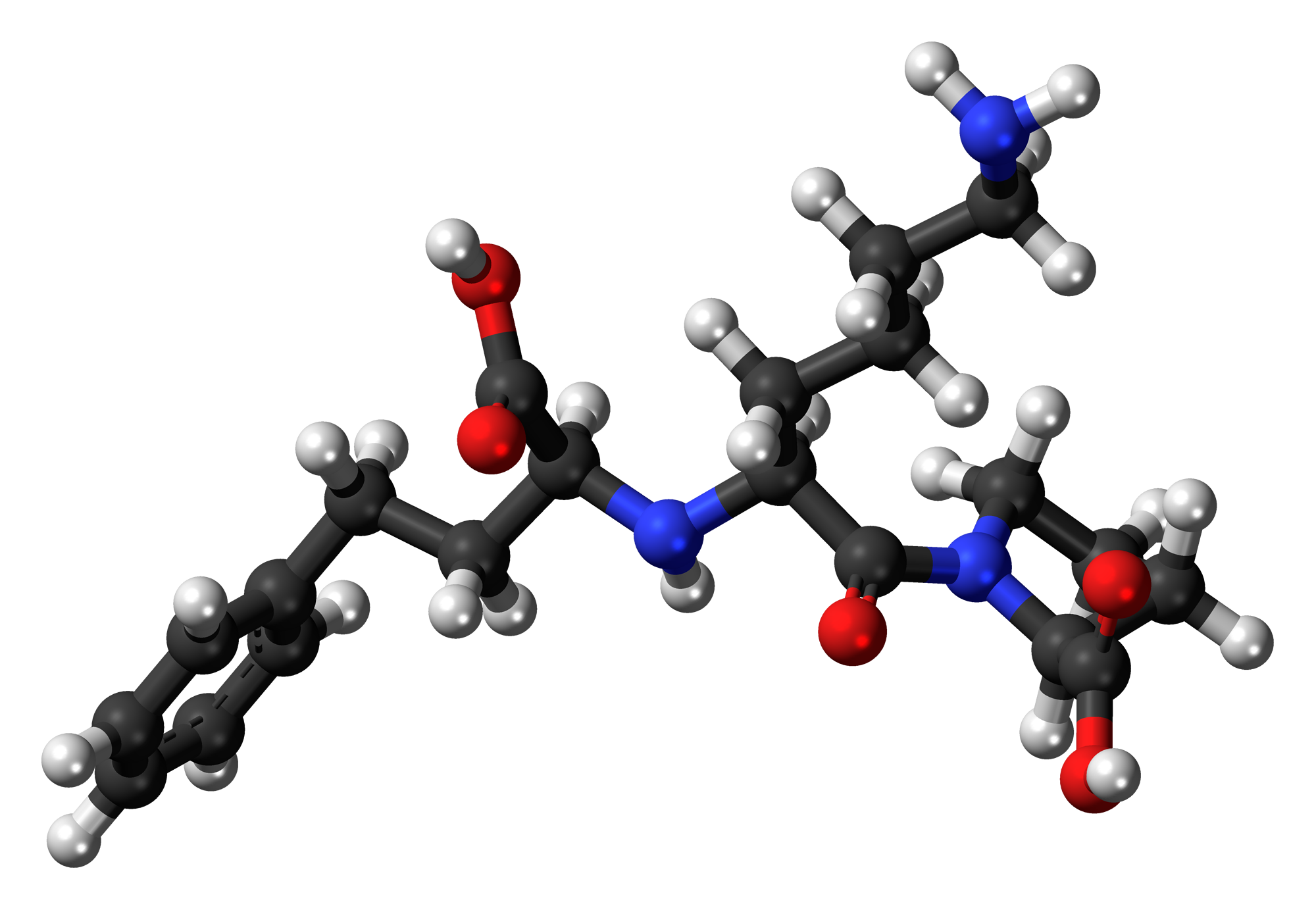
A. Active Ingredients
Lisinopril dihydrate is the active ingredient in Lisinopril. This powerful ingredient, found in different amounts depending on the dosage needed, has a solid anti-hypertensive effect. Its function within the human body is marked by a relatively high bioavailability allowing for an optimal therapeutic impact.
B. Inactive Ingredients and Excipients
Lisinopril comprises its active ingredient and an array of inactive ingredients or excipients. Amongst these are mannitol calcium phosphate maize starch and magnesium stearate, just to name a few examples. While these compounds do not have any direct impact on the drug's therapeutic action themselves; their presence is necessary for tablet formulation purposes. Furthermore, they contribute significantly towards enhancing stability which ultimately leads to improved overall patient compliance.
C. Formulations Available
Lisinopril is commonly provided in tablet form, with a range of dosages available to suit each patient's unique needs. These dosages include 2.5mg, 5mg, 10mg, 20mg: 30 mg, and 40mg tablets. The prescribed dosage is typically based on the seriousness of the condition and the patient's physiological characteristics.
III. How Lisinopril Works
A. Mechanism of Action in the Body
B. Role in Blood Pressure Regulation
C. Impact on Heart Failure
IV. Uses of Lisinopril
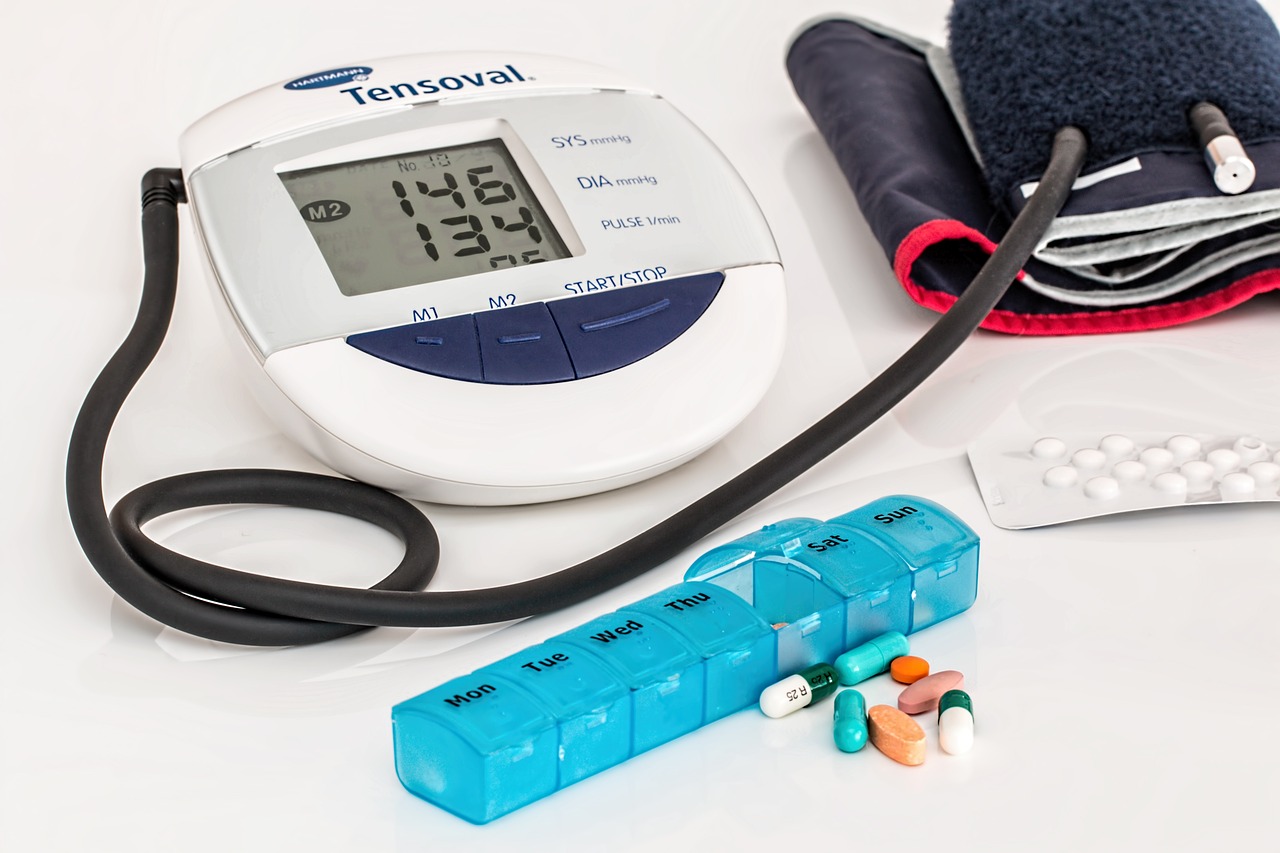
A. FDA-Approved Uses
1. Hypertension
Lisinopril is an esteemed angiotensin-converting enzyme (ACE) inhibitor crucial in treating hypertension. Its mechanism of action involves minimizing the conversion of angiotensin I to angiotensin II, leading to a decrease in total peripheral resistance and consequently decreasing blood pressure. This therapeutic approach substantially improves reducing the risks associated with long-term hypertension, such as stroke, heart disease, and kidney damage123.
Here are some references that you can check for more information about Lisinopril:
2. Heart Failure
Lisinopril is an FDA-approved medication indicated for the treatment of heart failure. This condition occurs when the heart fails to pump blood according to the body’s needs adequately. By reducing preload and afterload, Lisinopril improves cardiac output and helps alleviate symptoms like shortness of breath and fluid retention. Furthermore, it has been shown to decrease hospitalization requirements in patients with heart failure123.
Here are some references that you can check for more information about Lisinopril:
3. Post-Myocardial Infarction
Lisinopril plays a crucial role in managing patients after a heart attack. Its administration begins within 24 hours of an acute myocardial infarction aiming to minimize future cardiovascular events. By initiating treatment early, Lisinopril enhances survival rates, provides protection against left ventricular dysfunction, and reduces the likelihood of developing overt heart failure following the initial infarction12.
Here are some references that you can check for more information about Lisinopril:
B. Off-Label Uses
1. Diabetic Nephropathy
Lisinopril is a therapeutic agent that shows promise in treating diabetic nephropathy, a condition characterized by progressive kidney disease in individuals with diabetes. By reducing proteinuria, a significant indicator of this condition, the drug aids in slowing down the advancement of kidney disease.
Here is a reference that you can check for more information about Lisinopril:
2. Migraine Prevention
Although not traditionally employed, Lisinopril has exhibited positive outcomes regarding migraine prevention. Various studies have shown its ability to decrease migraine headaches' frequency, severity, and duration. Consequently, it serves as a source of relief for individuals grappling with this distressing condition123.
Here are some references that you can check for more information about Lisinopril:
3. Others
Lisinopril has a broad range of therapeutic capabilities. It can be utilized in various areas, such as reducing proteinuria in individuals with non-diabetic kidney disease1, protecting the heart in patients receiving specific chemotherapy2, and addressing certain glomerular diseases3.
Here are some references that you can check for more information about Lisinopril:
V. Dosage and Administration of Lisinopril
A. Standard Dosing Guidelines
The dosage of Lisinopril is tailored to each patient's specific condition and how they respond to treatment. Typically. For hypertension. The initial dose is usually 10mg per day. However, this can be adjusted depending on how a person's blood pressure responds to the medication. When it comes to heart failure, a typical starting dose is 5mg. The dosage may be adjusted based on individual tolerance and clinical effect. In the case of a myocardial infarction (heart attack), treatment begins with an initial dose of 5mg within the first 24 hours. Throughout several weeks adjustments to the dosage are made based on the patient's condition.
B. Dosage Adjustments for Specific Populations
1. Elderly Patients
It is advisable to consider beginning treatment with lower doses in elderly patients. This is due to the potential physiological changes, such as decreased renal function, that they may experience. It is strongly recommended to carefully titrate the dosage and closely monitor the renal function in these patients.
2. Children
When contemplating the usage of Lisinopril among pediatric patients. It is essential to exercise careful deliberation regarding considerations like body weight and the extent of hypertension as a general guideline. It is not typically advised for children under six years old or those in the pediatric population exhibiting renal impairment.
3. Patients with Renal or Liver Impairment
Patients with renal or hepatic impairment may require dosage adjustments due to the possibility of increased medication levels. It is recommended to begin treatment with careful medical oversight and to contemplate using lower initial doses.
C. How to Take Lisinopril Safely and Effectively
Consistency plays a vital role in maximizing the benefits of Lisinopril; therefore. It's encouraged to take this medication at approximately the same time daily, regardless of eating habits. Adequate hydration must be maintained during its usage, and swallowing the pill with a glass of water is crucial. Abruptly stopping treatment without consulting with a healthcare professional should be avoided as it carries the risk of rebound hypertension and other potential complications.
VI. Interactions of Lisinopril
A. Drug-Drug Interactions
Lisinopril can potentially interact with different categories of medicines, for instance. It might have an impact on potassium-sparing diuretics or potassium supplements. Which can cause a rise in serum potassium levels and potentially result in hyperkalemia. Another example is the interaction between Lisinopril and nonsteroidal anti-inflammatory drugs (NSAIDs) which could reduce its antihypertensive effect. Moreover, when taken together with lithium, Lisinopril may increase the lithium levels in the body. Thereby posing a risk of lithium toxicity.
B. Drug-Food Interactions
Even though Lisinopril is suitable for consumption irrespective of meals, it is ideal to ensure a steady level of salt intake throughout this treatment. Notably, altering your dietary salt consumption may influence how well Lisinopril works.
C. Other Possible Interactions
Consuming alcohol alongside Lisinopril may enhance its ability to lower blood pressure. It results in undesirable effects like dizziness or fainting. In addition, tobacco use can diminish the effectiveness of Lisinopril as a treatment and elevate the chances of developing hypertension and heart disease.
VII. Common and Uncommon Side Effects of Lisinopril
A. Most Frequent Side Effects
Although Lisinopril is generally well tolerated, Patients may experience specific side effects. Some commonly reported side effects include dizziness or lightheadedness, especially when quickly standing up or sitting down. Possible side effects are headaches, persistent dry cough, diarrhea, and vomiting. It is important to note that these side effects are typically mild and often lessen as the body adapts to the medication.
B. Less Common and Rare Side Effects
On rare occasions, Lisinopril may lead to less common side effects. It is essential to report these effects to a healthcare professional promptly. Such effects include skin rash or itching, palpitations or chest pain, jaundice or changes in urine color, and signs of infection like fever, chills, or a sore throat.
C. Long-Term Side Effects
Lisinopril. If used over a long period. It can potentially cause kidney dysfunction or increased potassium levels within the body. As a result, it is strongly recommended to monitor renal function and electrolyte levels during extended treatment regularly.
VIII. Warnings and Contraindications for Lisinopril
A. Health Conditions Contraindicated with Lisinopril Use
It is important to note that Lisinopril should not be used by individuals who have certain health conditions. These conditions include a history of angioedema related to previous treatment with an ACE inhibitor, bilateral renal artery stenosis, and hypersensitivity to Lisinopril or any of its excipients. In such cases, it is advisable to explore alternative treatment options.
B. Situational Contraindications
1. Pregnancy and Nursing
Lisinopril during pregnancy is not advised due to its potential harmful effects and jeopardy to the well-being of the growing fetus, including possible fatality, in instances where pregnancy is detected while receiving therapy with Lisinopril. Immediate discontinuation becomes Imperative. Furthermore, caution ought to be exercised regarding breastfeeding while using Lisinopril owing to unfavorable outcomes that may arise among nursing infants.
2. Elderly
When considering the use of Lisinopril in elderly patients, It is recommended to exercise caution. It is essential to adjust the dosage based on renal function and regularly monitor these patients to avoid potential complications.
3. Pediatric Patients
It is prudent to exercise caution when considering the use of Lisinopril in children, especially those with renal impairment and those who are below six years of age. This recommendation stems from a shortage of reliable safety and efficacy data for this population.
IX. Administration Precautions
A. Precautions for Safe Administration
To safely administer Lisinopril, it is essential to follow several precautions. One necessary precaution is ensuring that the patient is adequately hydrated before starting treatment to prevent the risk of low blood pressure. Additionally. Regular monitoring of blood pressure and renal function. And electrolytes are necessary. It is also essential to inform healthcare providers of any comorbid conditions the patient may have, such as renal impairment or collagen vascular disease. Lastly, they seek medical advice before taking new medications, including over-the-counter drugs. This is crucial to avoid potential drug interactions.
B. Monitoring Therapy Effectiveness
Regular monitoring of blood pressure and evaluation of symptom control is essential for ensuring the effectiveness of Lisinopril therapy. It is also important to closely monitor renal function and potassium levels, especially in individuals with pre-existing renal disease or those taking supplemental potassium or potassium-sparing diuretics.
C. What to do in Case of Missed Dosage
If a dose is missed, patients should promptly take the missed dose upon remembering it. Nonetheless, if it is close to the time for the next dose, they should forgo the missed dose and proceed with their usual schedule. It is not recommended to take two doses at once.
X. Overdose of Lisinopril: Signs, Symptoms, and Management
A. Signs and Symptoms of Overdose
Taking too much Lisinopril can lead to a noticeable drop in blood pressure causing symptoms like dizziness, feeling lightheaded, or even passing out in more extreme cases. It may even lead to shock or kidney failure. An overdose of Lisinopril can also cause electrolyte imbalances with a particular risk of high potassium levels.
B. Immediate Steps to Take
If there is a suspicion of an overdose, it is essential to seek immediate medical attention for the individual. While waiting for help to arrive, keeping the patient comfortable and offering reassurance is recommended. It is important to note that inducing vomiting should not be attempted unless specifically instructed by a healthcare provider.
C. Treatment Options for Lisinopril Overdose
The primary approach in managing an overdose of Lisinopril is to provide supportive treatment. With a focus on reinstating blood pressure and upholding renal function. To enhance blood pressure. Healthcare professionals may choose to administer intravenous fluids. At the same time, dialysis can assist in eliminating the drug from the body and sustaining kidney performance. Close monitoring and necessary adjustments for any electrolyte imbalances are also critical in the treatment process.
XI. Storage and Handling Precautions
A. Ideal Storage Conditions for Lisinopril
To ensure optimal stability. It is recommended to store Lisinopril at room temperature. Precisely between 20 to 25 degrees Celsius. It is important to keep it away from direct light and moisture in order to maintain its effectiveness. Therefore the storage area should be located in a place that is inaccessible to children and pets, as this will help prevent accidental ingestion.
B. Safety Measures in Handling and Disposing of Lisinopril
To ensure proper usage. It is advised not to crush or chew Lisinopril tablets. But rather to swallow them whole with an ample amount of water. It is also essential to refrain from disposing of unused or expired Lisinopril in household waste or wastewater. To guarantee safe disposal. It is recommended to return the medication to a pharmacy or seek assistance from a local waste disposal company.
C. Guidelines for Traveling with Lisinopril
When journeying with Lisinopril, it is essential to retain the medication within its original packaging to exhibit the prescription label prominently. To safeguard against extreme temperature variations that might transpire in the cargo hold during air travel, it is recommended to stow Lisinopril in your carry-on baggage if feasible.
XII. Conclusion: The Role of Lisinopril in Treating Hypertension and Heart Diseases
A. Recap of Key Points
In brief terms, Lisinopril is indispensable in managing hypertension and heart failure as it actively inhibits ACE enzymes. Moreover, it significantly mitigates risks post myocardial infarctions. However crucial it may be, though, careful administration accompanied by regular monitoring becomes imperative as this medication carries the possibility of side effects and potential drug interactions.
B. Future Developments and Research in Lisinopril Usage
Despite the well-established advantages of Lisinoprilusage, research efforts continue to explore further possibilities for its utilization and ways of lessening adverse reactions. Particularly significant is the focus on investigating how genetic factors can potentially serve as reliable predictors for evaluating individuals' responses toward lisinopril usage. By doing so, treatment plans can eventually be customized effectively to cater uniquely to each patient's requirements.
C. Final Remarks on the Importance of Responsible Use of Lisinopril
To guarantee the safe and efficient usage of Lisinopril. It is paramount to approach this medication responsibly while under the careful guidance of a healthcare professional. Sticking to the prescribed dosage, attending routine health check-ups, and maintaining transparent communication with your healthcare providers are all necessary measures in maximizing its benefits.









































